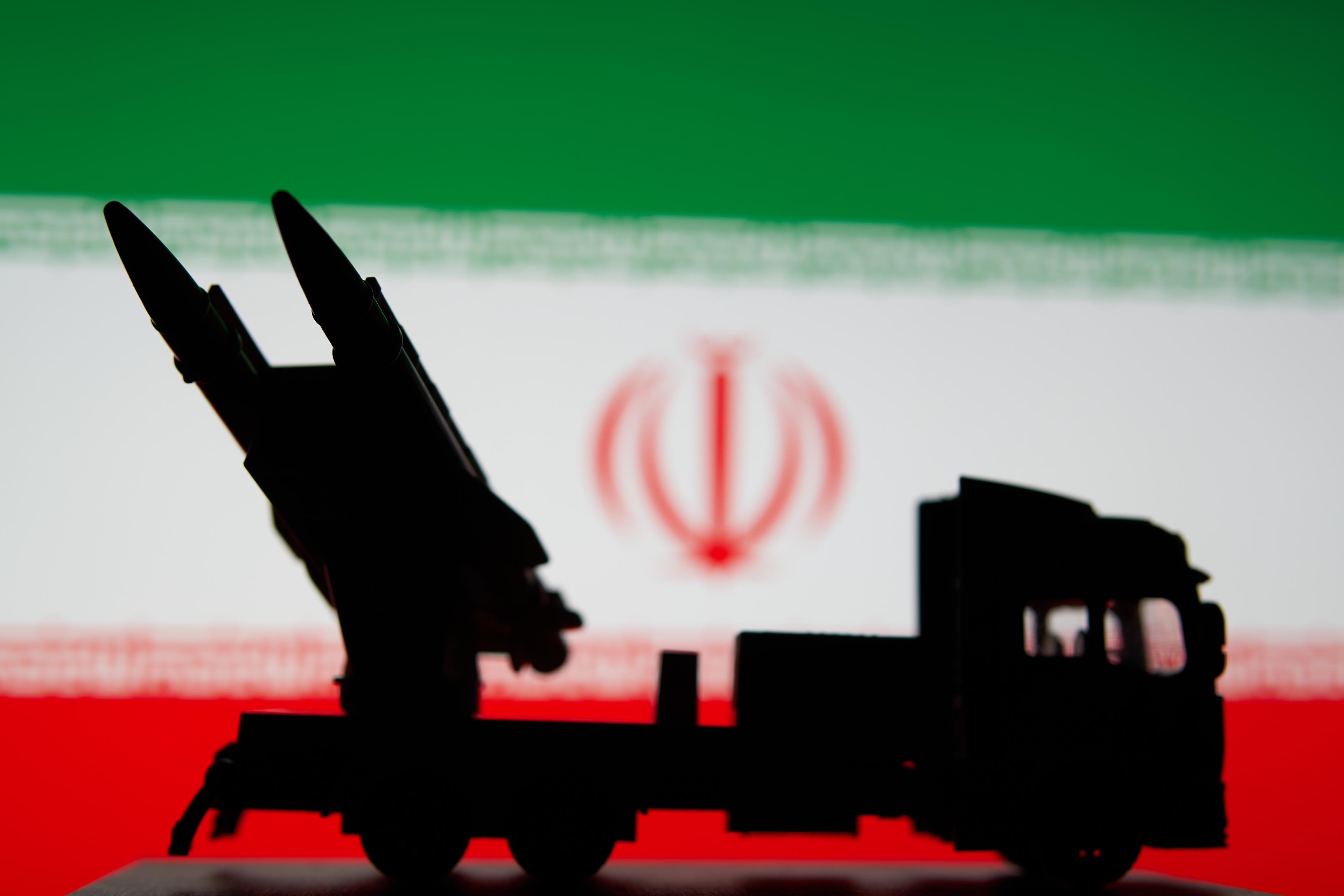Iran, Retaliation
Here's why Iran hasn't attacked yet
Iran's sophisticated missile arsenal, including the long-range Khaibar Shikan, faces complex deployment challenges that may explain recent response delays. Military analysts point to limited mobile launchers and lengthy preparation times as key factors constraining Tehran's rapid strike capabilities.

In the wake of Hamas leader Ismail Haniyeh's assassination, Iran's uncharacteristically slow response has raised questions about the Islamic Republic's military readiness.
Sources familiar with Iran's missile capabilities suggest that the delay may be due to the complex nature of deploying their sophisticated ballistic missile arsenal.
Iran's missile inventory includes advanced models such as the Shahab-3, Ghadr, Emad, and the long-range Khaibar Shikan. While these missiles boast impressive capabilities, including multiple warheads and evasion technologies, they also present significant logistical challenges.
According to a US military analyst, Iran’s limitations stem from the number of available launchers they have. With only about a hundred mobile launchers, Iran cannot fire more missiles than the number of launchers in a single volley. Additionally, preparing these missiles for launch involves a lengthy process—up to six hours for a skilled crew and nearly a day for a less experienced one.
This information sheds new light on Iran's April attack on Israel, where between 110 and 130 ballistic missiles were launched, but only a few reached their targets due to interception efforts. The majority of these missiles were fired from Iran, with some originating from Yemen.
Given these constraints, Iran's delayed response to the recent assassination could be attributed to the extended preparation time required for a significant missile launch.
However, some regional experts suggest that this delay might also be a calculated move by Tehran, aimed at affecting Israel's economy and morale while planning a more strategic response.
* Jewish Breaking News contributed to this article.